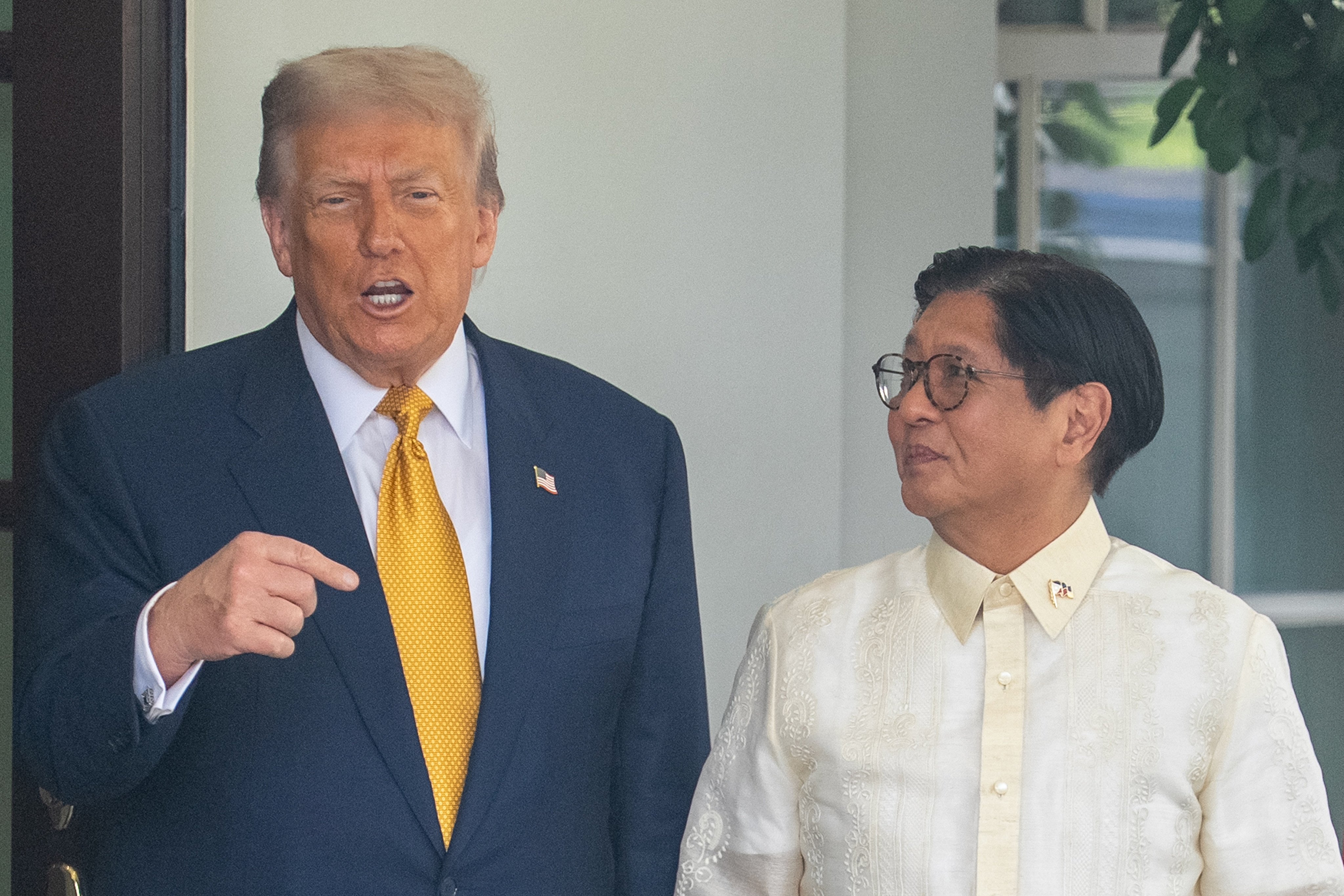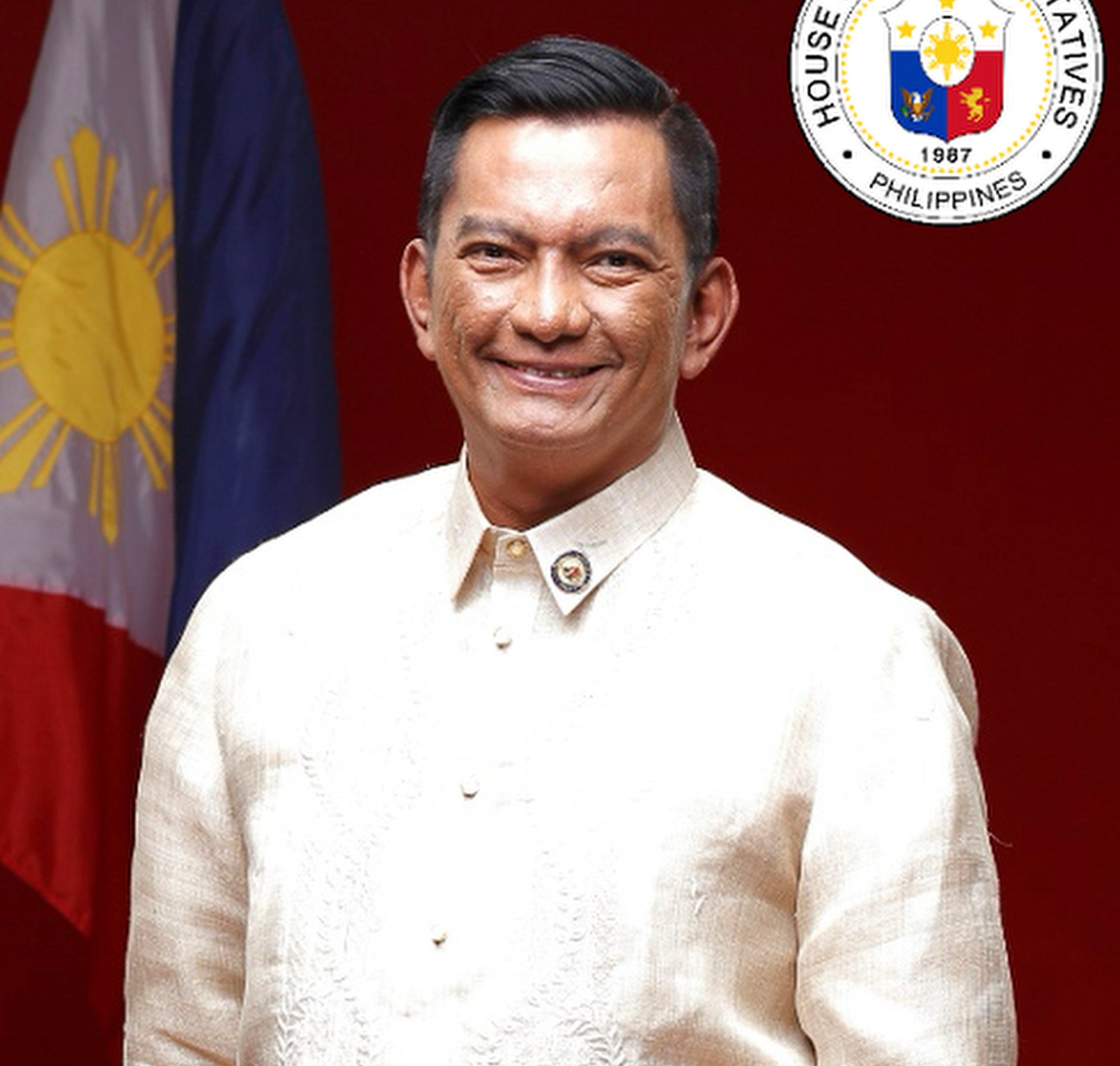Did quiet talks secure ‘exemptions’, low Trump tariffs for Manila?
A former lawmaker says quiet negotiations enabled Manila to reduce the overall impact of its tariff rate from 19 per cent to just over 6 per cent

The Philippines has quietly secured tariff exemptions that sharply reduce the impact of US President Donald Trump’s 19 per cent import levy – cutting the effective rate on its exports to just over 6 per cent, according to a former senior lawmaker.
The exemptions follow President Ferdinand Marcos Jnr’s state visit to Washington last week, where Trump announced that the Philippines would face a 19 per cent tariff rate. This is down from the 20 per cent he had previously threatened, but still higher than the 17 per cent he originally included under an executive order in April.
Trump hailed the deal as a win and praised Marcos as a “very good and tough negotiator”, while Philippine officials noted that further discussions were ongoing to clarify and potentially revise the terms.
According to Joey Salceda, former chair of the Philippine House of Representatives’ ways and means committee, Marcos’ trip helped secure and expand key exemptions embedded in Annex II of Trump’s executive order – particularly for electronics and semiconductors.
Salceda said the resulting “effective rate” now stood at around 6.33 per cent – the second lowest in Asia, behind only Malaysia, which was exempted on oil.
Speaking at a news forum on Saturday, Salceda stated that Philippine negotiators had been quietly engaging with their American counterparts even before the executive order was issued, with discussions continuing in the lead-up to, during, and after the Marcos visit.

He said that, based on information he gathered from those involved in the talks, Philippine trade negotiators had already been quietly negotiating “exemptions” to the higher tariffs.
While the headline rate remained 19 per cent, Salceda explained, “the actual rate that we will pay in terms of the effective rate arising from the Trump tariffs is really 6.6 per cent, not 19 per cent.” Further negotiations later brought that figure down to 6.33 per cent, he added.
In a column for the Philippine Daily Inquirer on Sunday, Salceda elaborated on why he believed the headline rate was misleading. “Only around 31 per cent of Philippine exports are subject to the 19 per cent tariff,” he wrote.
“The rest – products under electronics, wood, metals, fuels and chemicals – are subject to preferential tariff rates already existing under multiple trade agreements because of exemptions under Annex II.”
The country’s semiconductor sector was a particular beneficiary, he noted. Trump’s order “practically exempt[ed] the entire Philippine semiconductor export sector from the ‘reciprocal tariffs’,” Salceda wrote.
At a news forum on Saturday, Salceda said that in the field of semiconductors, the Philippines had a “secret” advantage it does not seem to appreciate fully: the country was “rich in gold”, a crucial component in these intermediate products.
Unhandled type: inline-plus-widget {“type”:”inline-plus-widget”}
Noted financial risk analyst Jonathan Ravelas, managing director of eManagement for Business and Marketing Services, told This Week in Asia that Salceda’s explanation was believable because “he’s a numbers guy”.
Before entering politics, Salceda served for years as research director for both Barings Securities, Philippines, and UBS Warburg.
Trade and Industry Secretary Cristina Roque confirmed to reporters on Monday that she and Frederick Go, the presidential Special Assistant for Investment and Economic Affairs, were continuing to quietly negotiate with their American counterparts ahead of the August 1 deadline.
Roque, bound by a non-disclosure agreement, said they were hoping for a lower tariff rate and more product exemptions. In return, Manila was reviewing zero tariff rates on US agricultural exports such as rice, sugar, and chicken.
The zero tariff on US exports could result in yearly revenue losses of up to six billion pesos (US$103 million), according to Finance Secretary Ralph Recto, though he welcomed zero tariffs on flour and pharmaceuticals, which he said would benefit Filipino consumers.